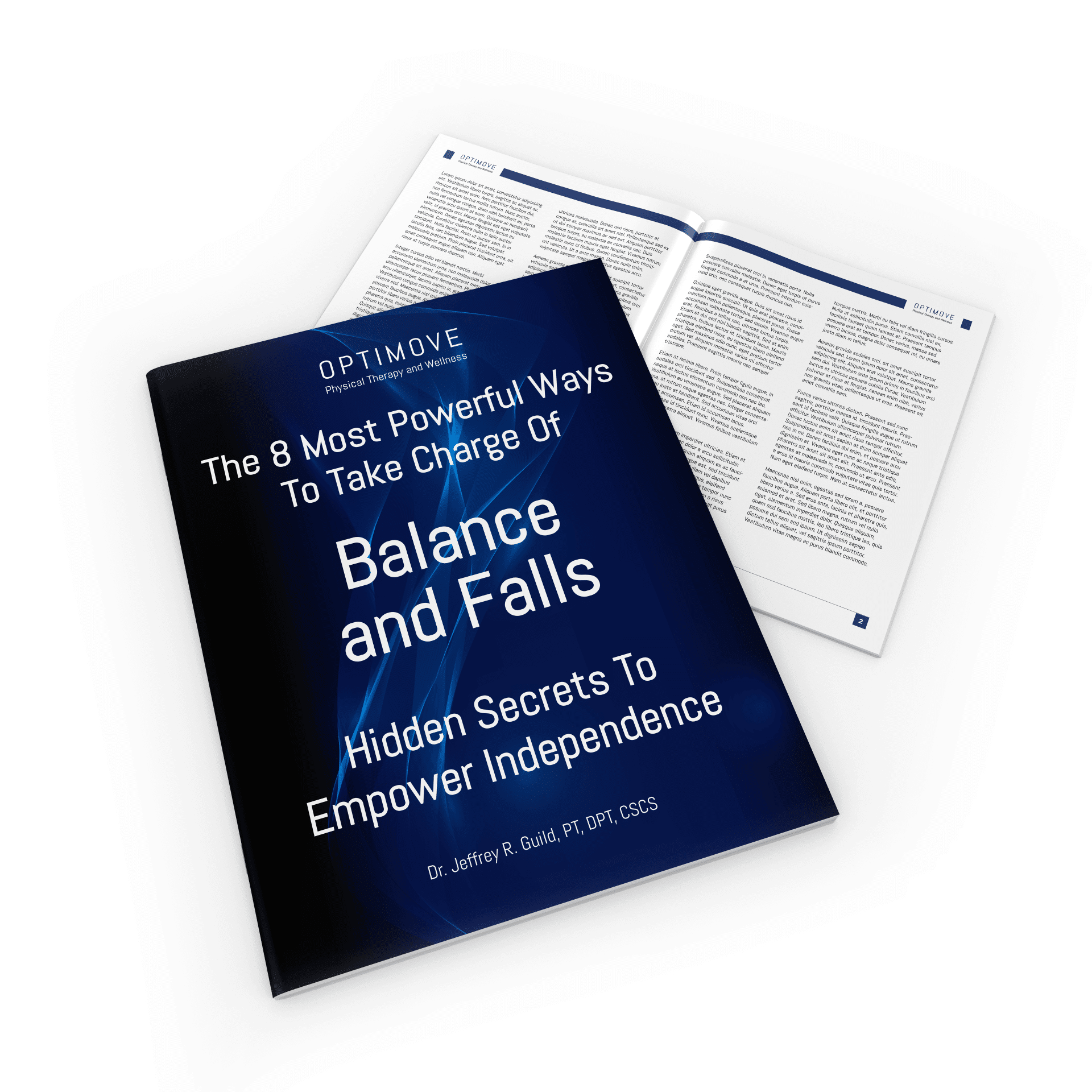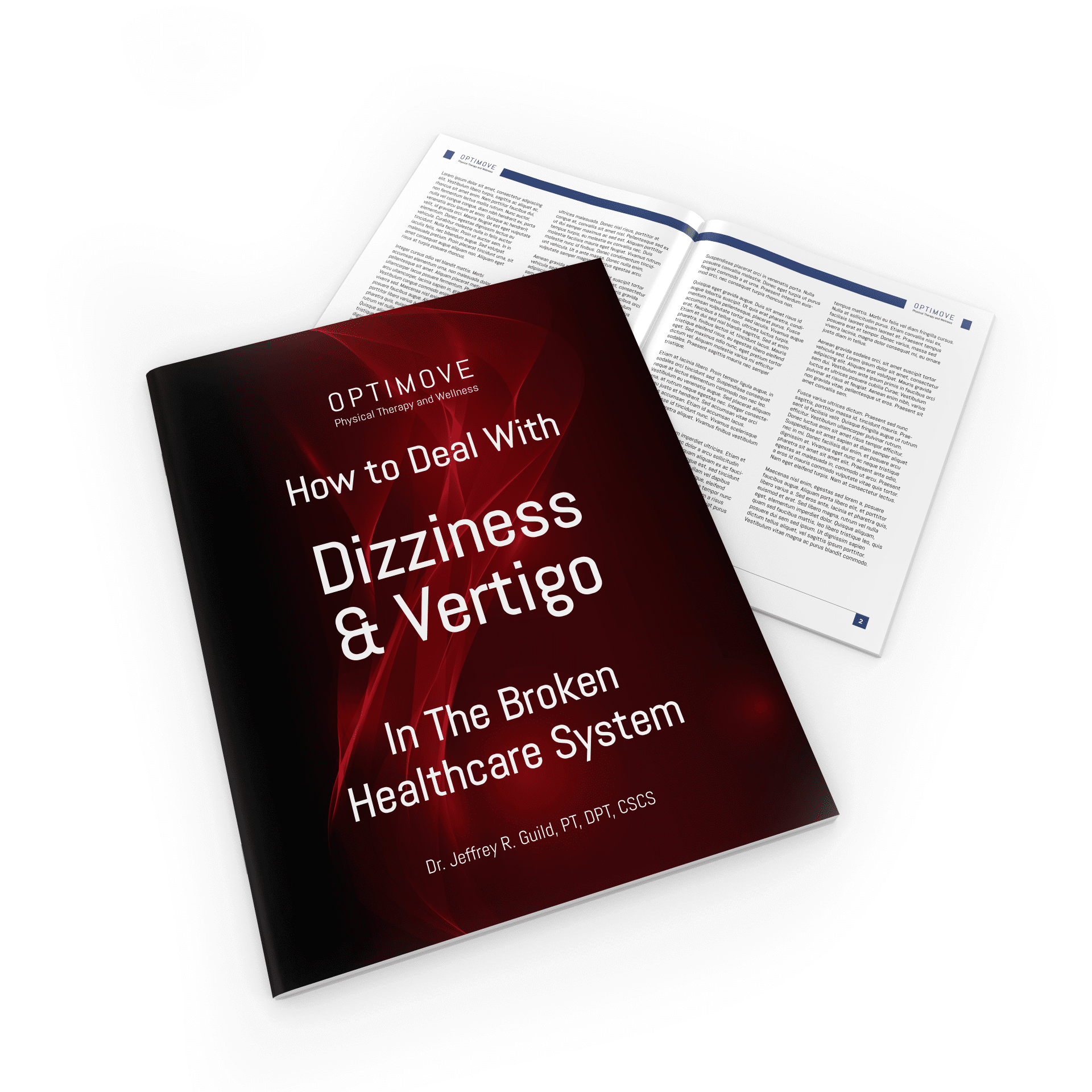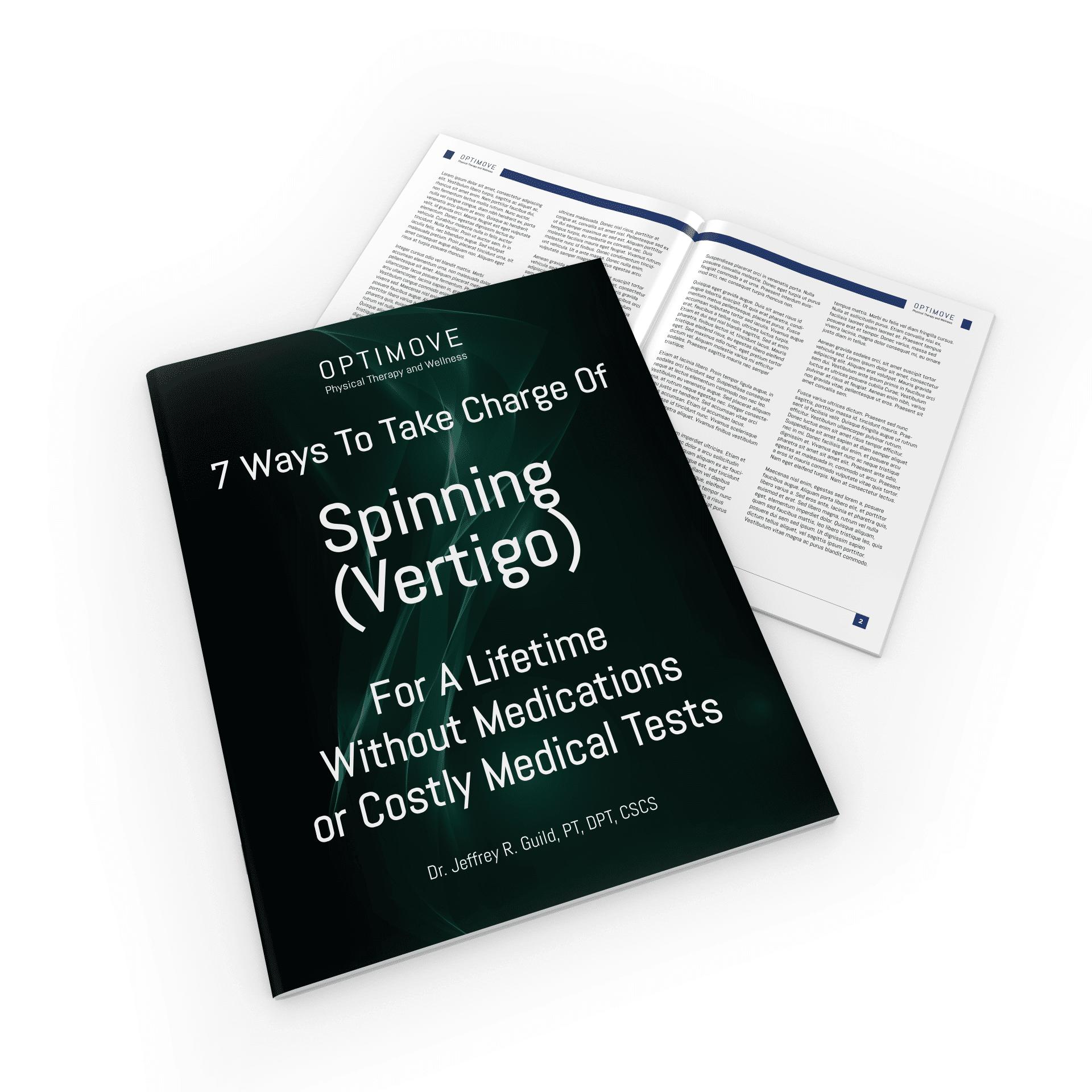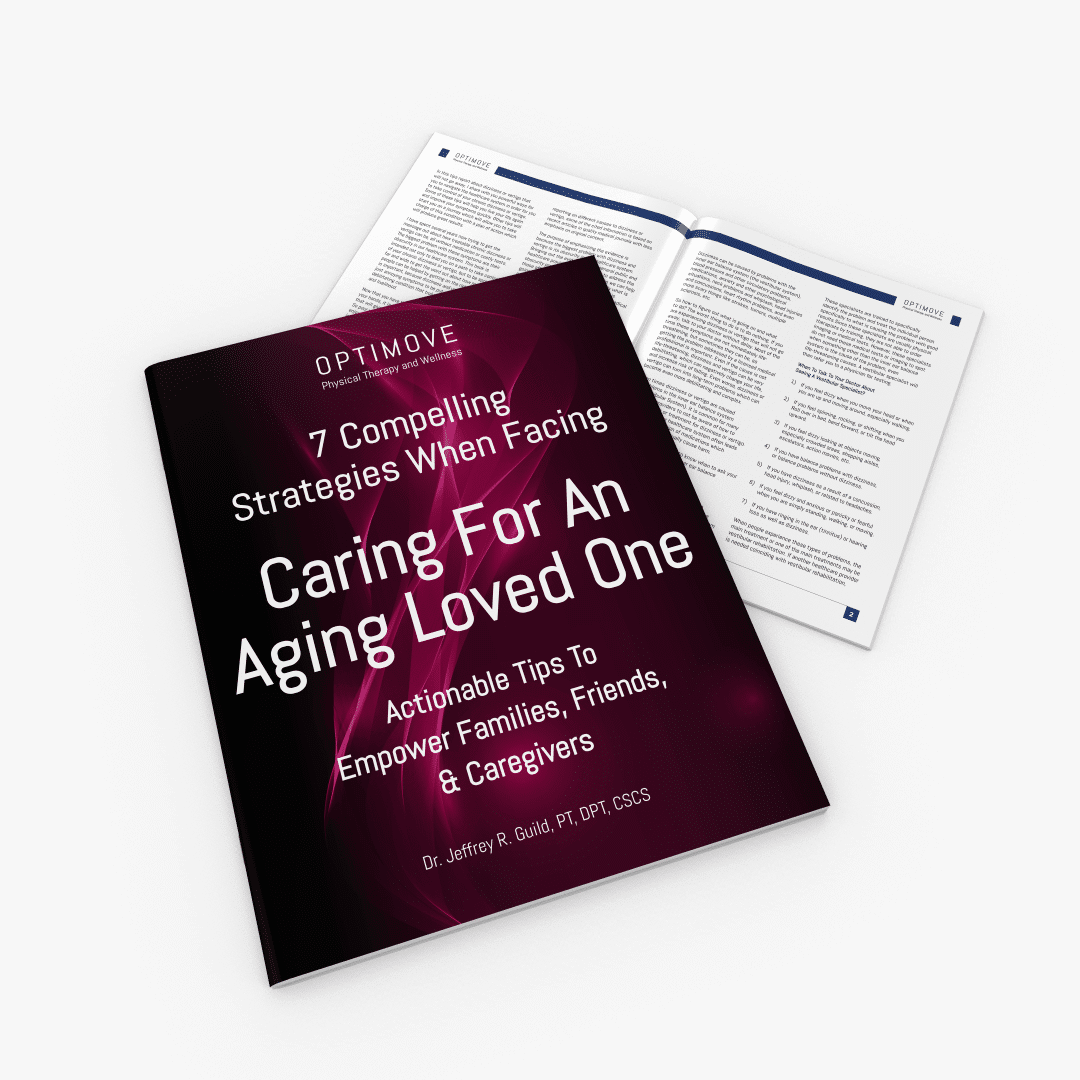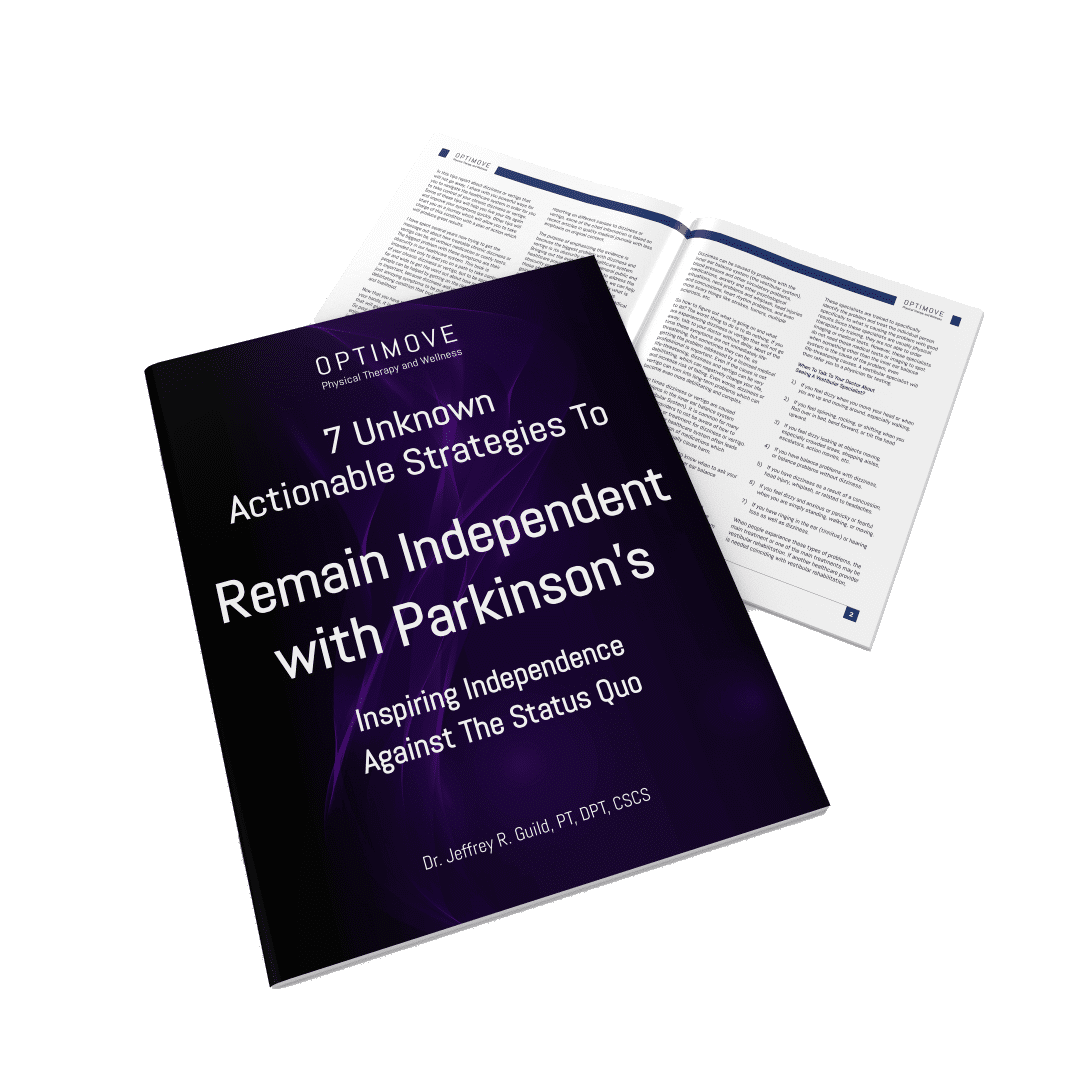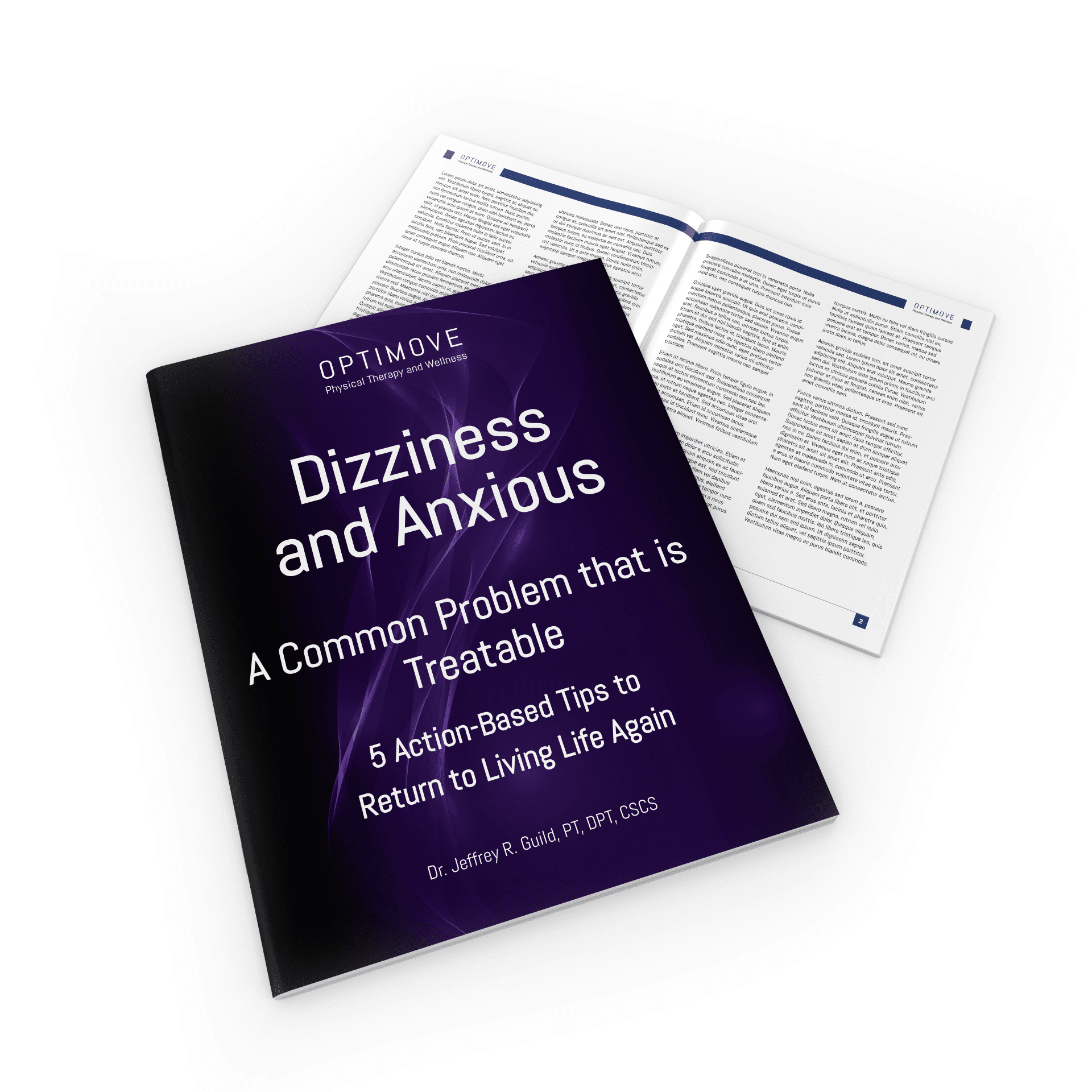The symptoms can become more confusing the older a person gets. So especially when we look at individuals over the age of 70, it can become very confusing as far as what they are experiencing. Sometimes they don’t even know.
Do you or an aging loved one struggle with balance and falls? There is hope. Let us empower you to maintain your independence at home and in the community.
Click the link below to book your free in-home discover visit: https://lnkd.in/gHmynCC7
[00:00:00] Now something to take into consideration, and this is very, very important. The older a person is, and especially the more medically complex there as well, the more challenging it can be to figure out what their symptoms are. Dizziness and vertigo tend to become mixed. Or is it dizziness? Is it lightheadedness?
Is it just simply a loss of balance? So the symptoms can become more muddled? The symptoms can become more confusing the older a person gets. So especially when we look at individuals over the age of 70, it can become very confusing as far as what they are experiencing. Sometimes they don’t even know. And mix that in with medical complexity, medications, dehydration, lack of physical activity, fear of falling.
You get a whole host of different problems that throw into a very complicated situation. But what you want is a specialist that’s seen that thousands and thousands and thousands of times to where they have that fine-tuned ear and eye to be able to say, Okay, we have a [00:01:00] good sense of what’s going on. Or they know the right questions to ask to the older person in the right way.
And so it takes that type of fine-tune specialist then that can say, okay, we have a better understanding of now, what they’re actually experiencing because we know the right questions to ask and in the correct way. And then we can physically test them to confirm is it this or is that. Or we have the right group of questions to figure out what are they actually experiencing.
And this is very important because in order to find the right diagnosis, we need to know what the person’s actually experiencing. So if we have the right diagnosis, then we can have an idea of what the actual solution should be. And this can be very difficult for a general healthcare provider who’s not a specialist in this.
And so that’s why people often struggle, especially the older they are when they’re experiencing dizziness or vertigo to find solutions. Understand that when you’re going to your healthcare provider, it’s key to find the right specialist to resolve these problems if you’re working [00:02:00] with somebody over the age of 70, or if you are that person who’s experiencing dizziness or vertigo, you need to find the right specialist so that person can find out what’s actually happening so they can find the best solution.
Now, we’ve talked a lot about the importance of finding the right specialists. So you might ask, how do I find the right specialist and or how do I know if I have the correct specialist? And the way you know that is, has this healthcare provider seen vestibular disorders or dizziness and vertigo disorders a lot throughout their career?
Do they see it every day or is it just something they see once in a while? Are they set up to be able to work with individuals? Is their communication their tone in such a way that makes sense as they’re communicating with the older person? Have they been trained in vestibular disorders and mentored as well?
Are they keeping up to date on the topics? Are they truly knowledgeable about this specialty? So the specialty is called a Vestibular Specialist, so you can Google it, look it up, and so that way you can find out the right specialist.[00:03:00]



